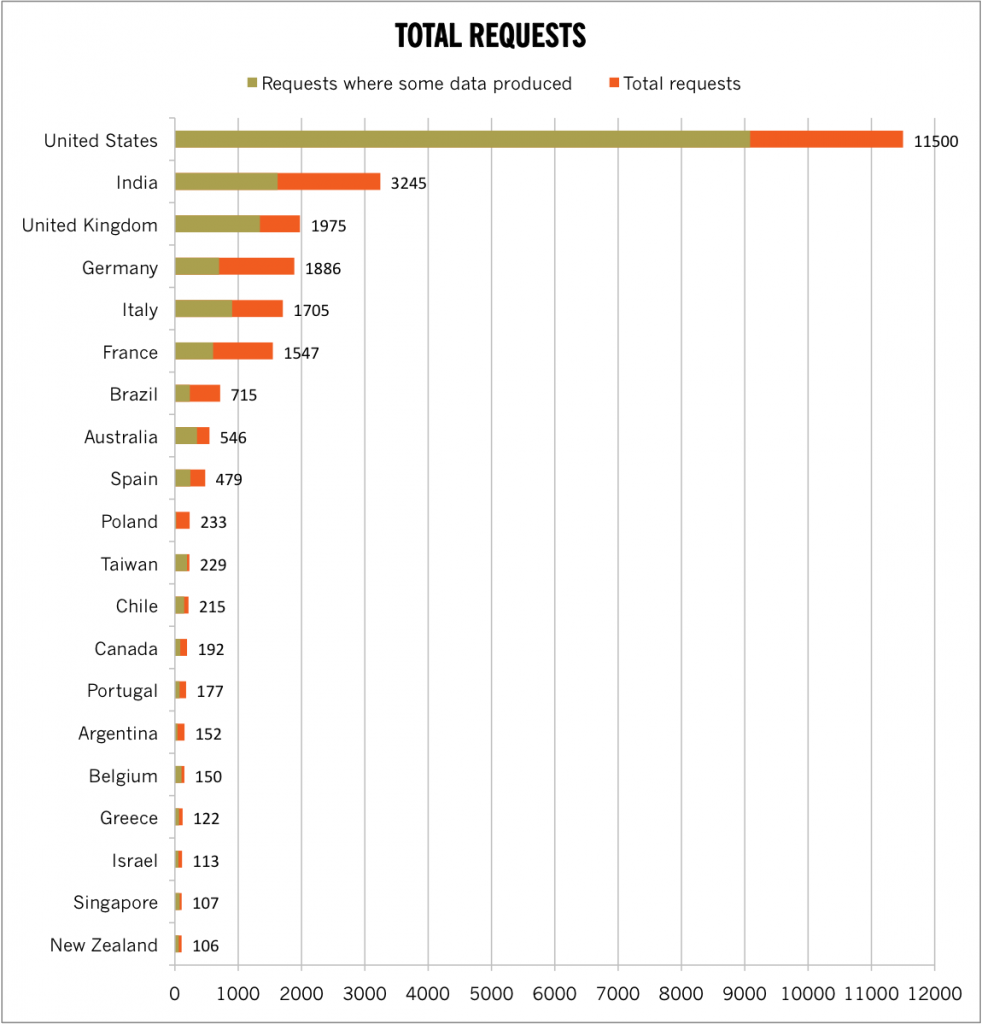Brazil
The Brazilian government said it is forging ahead with a plan that would require global Internet companies to store any data obtained from Brazilian users on servers inside the country. While the plan might better protect Brazilian citizens from US spying it could have significant implications for how global Internet companies are able to operate in the future in Brazil and elsewhere.
Global
Recently released documents obtained by Edward Snowden reveal that the NSA has tapped into the main communication links that connect Yahoo and Google data centers all over the world.
Indonesia
Indonesian government officials summoned the Australian ambassador to respond to reports that the Australian Embassy in Jakarta “is a hub for Washington’s secret electronic data collection program.”
Singapore
A hacktivist going by the name “The Messiah” defaced a number of websites in Singapore to protest proposed Internet licensing rules that critics have called back door state censorship. In one instance, the hacktivist, who claims to be part of Anonymous, targeted The Straits Times website writing, “Dear ST: You just got hacked for misleading the people!” Other critics of the proposed rules include Google, Facebook, eBay, Salesforce, and Yahoo.
United States
A major reform bill was introduced, designed to rein in the NSA’s spying powers. While the bill boasts bipartisan support, critics were quick to argue that the “reform” bill does little more than preserve the status quo. Meanwhile, US Secretary of State John Kerry acknowledged that there have been cases where US efforts to gather information have “reached too far inappropriately.”
#IMweekly is a regular round-up of news about Internet content controls and activity around the world. To subscribe via RSS, click here.


